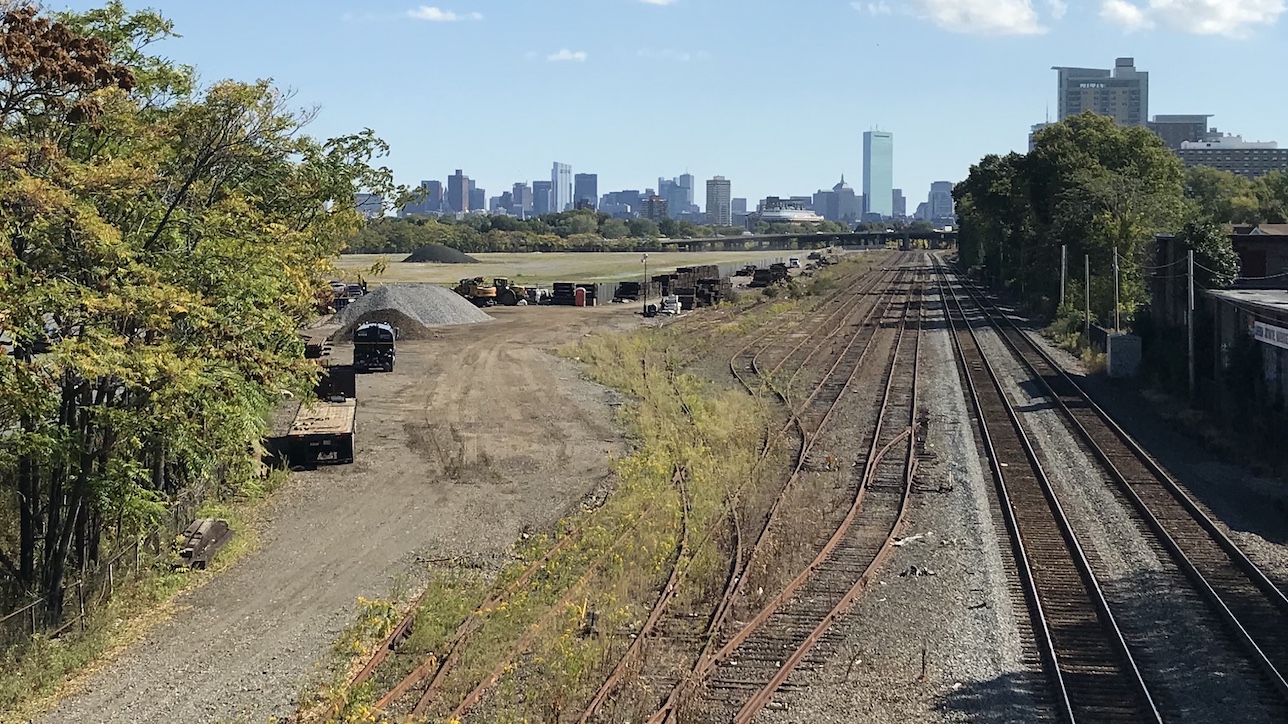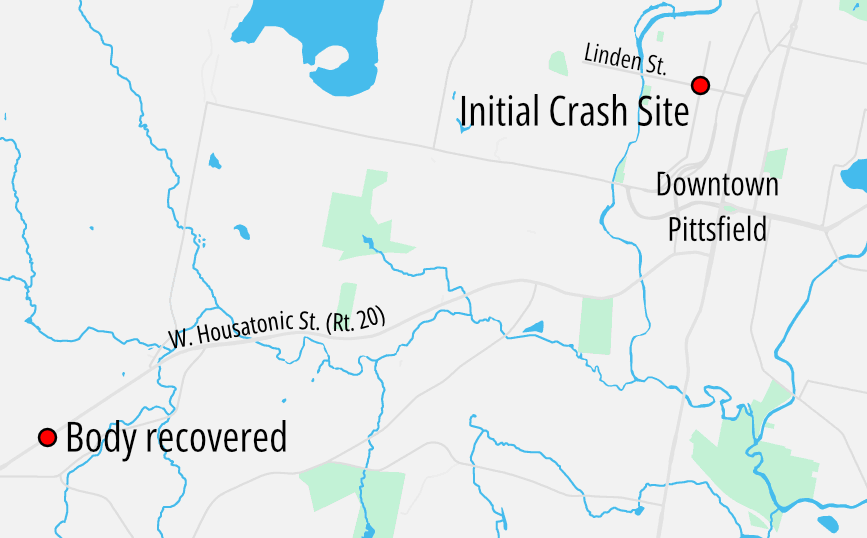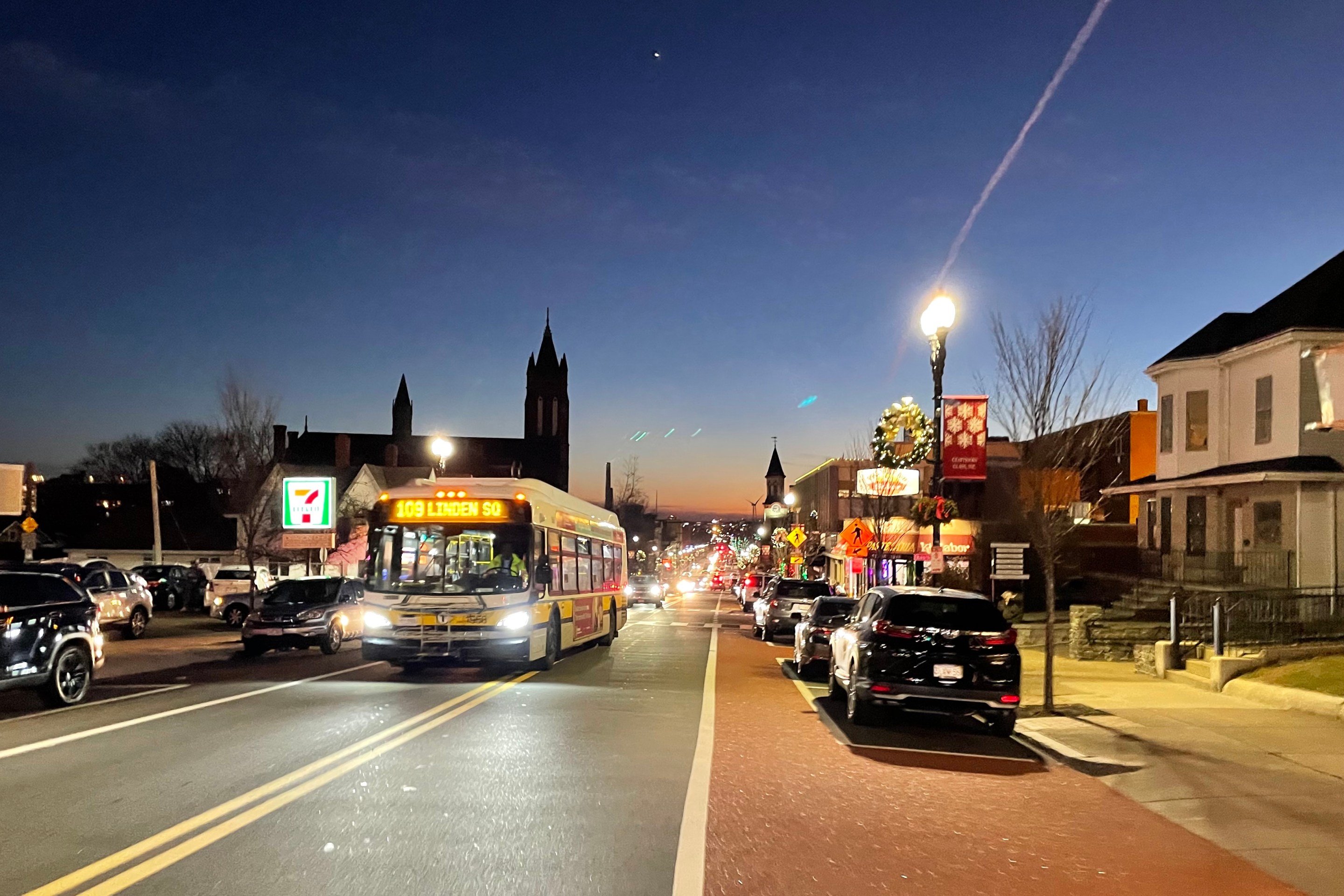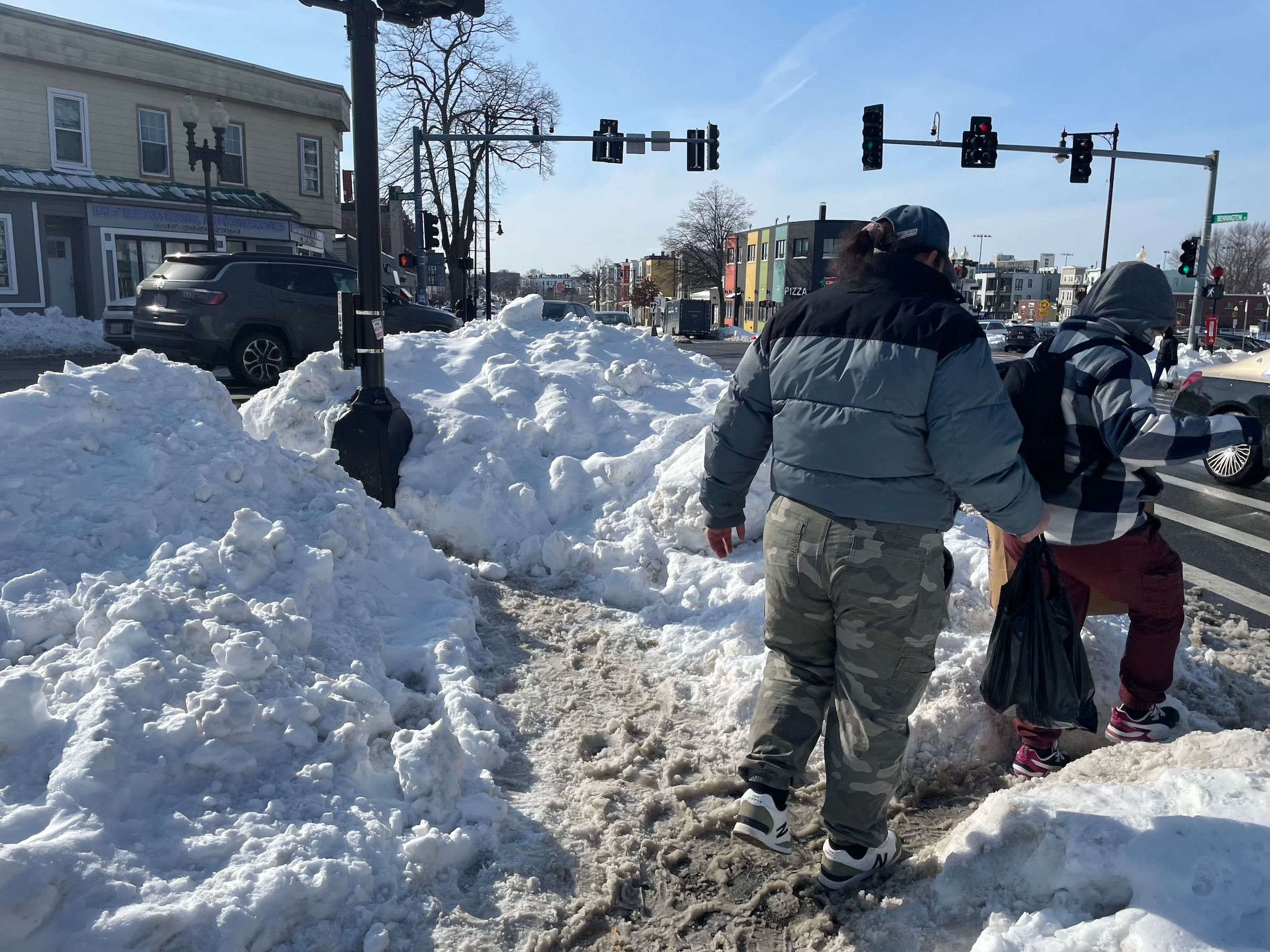For the second year in a row, Washington has rejected a MassDOT request for a large federal grant to finance the Allston Multimodal Project in Boston's Allston neighborhood.
Last summer, MassDOT submitted its second application to finance the project through the U.S. Department of Transportation's (USDOT) Multimodal Project Discretionary Program, a trio of multi-billion-dollar competitive grant programs that were created or expanded in the 2021 infrastructure law.
These grant programs aim to help states finance unusually large and complex projects, but they are also extremely competitive.
In its first attempt for this funding, in 2021, MassDOT requested $1.2 billion for the Allston I-90 project through the federal National Infrastructure Project Assistance Program (popularly known as the "Mega" grant program).
Washington rejected that application, along with hundreds of others from other states, and instead awarded $1.2 billion to 9 different projects, none of which were in Massachusetts.
MassDOT submitted a more modest request for the Allston project last summer, asking the feds for $200 million (about 1/10th of the project's 2021 cost estimate).
Last month, the USDOT announced awards for 11 projects for 2024.
MassDOT won $372 million in federal funding to rebuild the Sagamore Bridge to Cape Cod – but nothing for the Allston project.
Federal funds needed to cover 1/4 of project costs
In a briefing on the financing plans last August, MassDOT officials said that the project's financing plan would require at least $500 million in funding from the federal government, from several different grant programs.
“We really do need stacking of federal resources, and that’s the mindset we’re taking to move this multimodal program forward," said William Rasky, Director of Federal Affairs for Gov. Healey.
In addition to the $200 million that MassDOT had hoped to receive from the Mega grant, MassDOT also has a pending application for a federal Reconnecting Communities grant, another new program from the 2021 infrastructure law.
The Reconnecting Communities program aims to "reconnect communities that are cut off from opportunity and burdened by past transportation infrastructure decisions."
Last August, MassDOT told reporters that it planned to request an additional $300 million through Reconnecting Communities.
In October, the agency submitted an application for $500 million from that program. That grant application is still pending.
The Bipartisan Infrastructure Law funded the Reconnecting Communities program with $150 million for construction activities in federal fiscal year 2024.
For this year's round of grants, the program received an additional $3.2 billion in one-time funding from the 2022 Inflation Reduction Act, but the USDOT may reserve some of that funding for future years.
Local funds bank on future real estate value, plus considerable subsidy
The Commonwealth had planned to match federal grants with an additional $1.2 billion from its own resources, including $200 million from Turnpike tolls, $450 million from the new Fair Share tax on high-income earners, and $470 million from bonds and loans, which would need to be repaid with interest from future state tax collections.
The planned reliance on debt and Fair Share revenues will necessarily diminish the Commonwealth's ability to pay for other high-cost, high-priority infrastructure projects in the years to come.
The remaining funding for the project – about $300 million – would have come from local sources, including:
- $90 million from Harvard University to build West Station (note that Harvard also owns most of the land involved in the Allston I-90 project, and stands to gain considerable wealth from its real estate if the project is built)
- $10 million from Boston University, which stands to gain better access to transit and the Charles River waterfront
- $200 million from the City of Boston, including a $100 million contribution to build the new street grid through the project area plus an additional $100 million in "value capture" mechanisms from anticipated tax revenue from Harvard's planned new development.
Application documents remain hidden from public scrutiny
Last August, StreetsblogMASS requested a copy of the Commonwealth's "Mega" grant application, first through MassDOT press office, then through a formal public records request.
The Healey administration rejected that request on Sept. 21, 2023. In their rejection, MassDOT asserted that the application was "exempt from disclosure... to avoid the premature release of materials that could taint an ongoing deliberative process."
A second request to USDOT for the same documents through the federal public records law is still pending.
In contrast, the Baker administration shared its 2021 grant application with StreetsblogMASS without a formal request through the Commonwealth's public records law. You can read that application here.
This story was updated at 12:30 p.m. on Monday Feb. 5 to add additional detail about the federal Reconnecting Communities grant program. A previous version only reported the $150 million in funding that had been appropriated through the Bipartisan Infrastructure Law of 2021, and omitted the $3.2 billion that had been allocated in the 2022 Inflation Reduction Act. A previous version also reported outdated information that MassDOT was seeking $300 million from that program; the actual grant application seeks $500 million.






